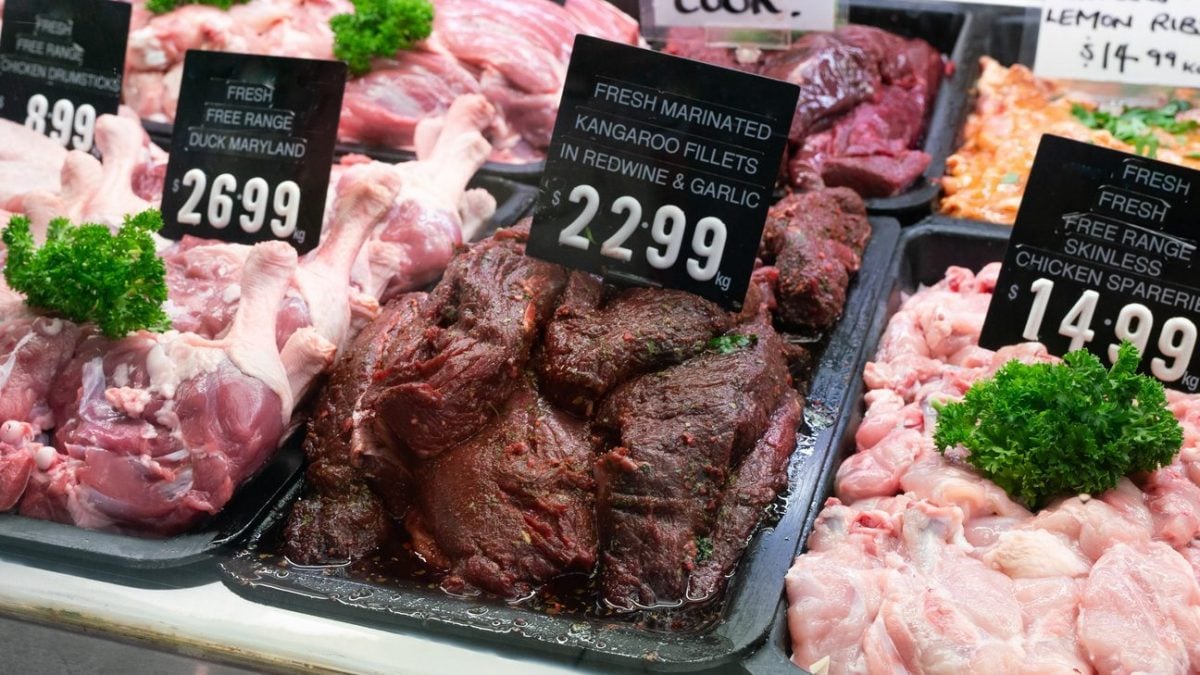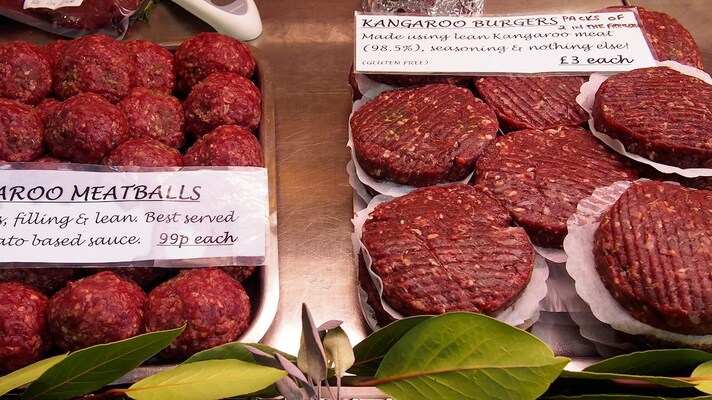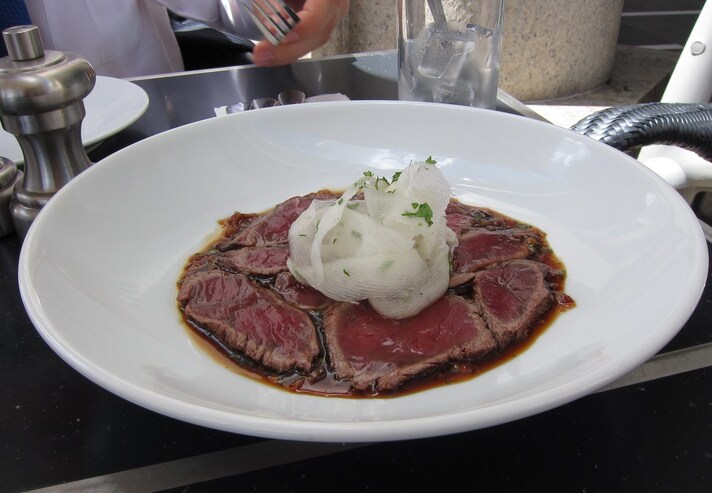
For several months, Belgium has been at the center of a debate that intertwines animal rights concerns, commercial interests, and consumer food choices. The controversy isn't about a traditional local product, but about kangaroo meat: a commodity that, to many, may seem curious and marginal, yet over the years has made the country one of Europe's main hubs for imports from Australia.
While the Brussels-Capital Region Parliament is debating an ordinance that would ban the sale of marsupial meat and skin, animal welfare groups are denouncing cruel hunting practices on the other side of the world and calling for decisive action. Import data, however, reveal a far more profound phenomenon: tons of meat continue to cross Belgian borders every year, not always to end up on the plates of local consumers. The affair thus raises a question that extends beyond Belgium: to what extent can Europe still legitimize the trade in products linked to the hunting of an animal that is Australia's symbol?
The Kangaroo Meat Problem in Belgium
The issue has officially reached the institutional chambers in Brussels, where an ordinance is being discussed that aims to ban the sale of kangaroo meat and skin. The proposal, promoted by the Green parties and supported by the animal rights organization GAIA, has been welcomed as a step forward by those calling for an end to a trade deemed incompatible with animal welfare principles. The ordinance, announced at the end of 2024, is currently being examined by the regional parliament but has not yet come into force.
Similar initiatives have been launched in Flanders, particularly under the auspices of the Social Democratic Party Vooruit, while Wallonia remains more cautious: the regional parliament has so far refused to hold hearings on the issue, a sign of a less uniform political sentiment across the region. At the federal level, there is currently no national ban. This legislative process is therefore still fragmented, but it could have a domino effect if Brussels and Flanders were to approve bans.

Imports and Numbers of a Controversial Trade
Despite the decline in recent years, Belgium continues to be among the world's largest importers of kangaroo meat. In 2016, the figure was over 632 tonnes, equivalent to approximately 180,000 slaughtered animals. In 2019, the volume rose to 775 tonnes, worth over three million dollars. Today, the figures stand at around 280 tonnes annually, corresponding to approximately 80,000 animals.
Much of this meat transits through the port of Antwerp, one of Europe's main import hubs. Not all of it is consumed in Belgium: a significant portion is re-exported to other European Union countries. This explains why import figures are so high, despite the relatively low presence in local supermarkets and restaurants.
Domestic Consumption: Between Niche and Exoticism
At the domestic level, kangaroo meat certainly does not belong to the Belgian gastronomic tradition. In recent years, its presence on the shelves of large-scale retailers has drastically reduced: chains such as Carrefour, Delhaize, Lidl, Aldi, Spar and Makro have stopped selling it, responding to pressure from animal rights associations and growing consumer awareness.
Today, kangaroo meat is largely found in restaurants offering "exotic" menus and in some specialty shops. Customers are driven by the curiosity to try an unusual product, the desire to diversify their culinary experience, or the search for dietary alternatives considered "lean" and high in protein. At the same time, a portion of imports are destined for pet food, a sign that the market is not limited to human consumption.

A Country Balanced Between Ethics and Commerce
Belgium is currently caught between two opposing forces. On the one hand, it remains one of Europe's main hubs for the kangaroo meat trade, with figures that continue to represent tens of thousands of animals slaughtered each year in Australia. On the other, growing pressure from public opinion and animal rights groups, combined with the decisions of distribution chains and the first regional legislative initiatives, signals a different direction, one that is more sensitive to animal welfare and ethical issues related to food.
If the Brussels Parliament approves the ordinance and Flanders follows suit, Belgium could emerge as a testing ground for new food policies, ready to challenge established European consumption habits. It remains to be seen, however, whether these decisions will translate into national legislation capable of transforming a regional battle into a strong political signal for the entire continent.
;Resize,width=767;)
